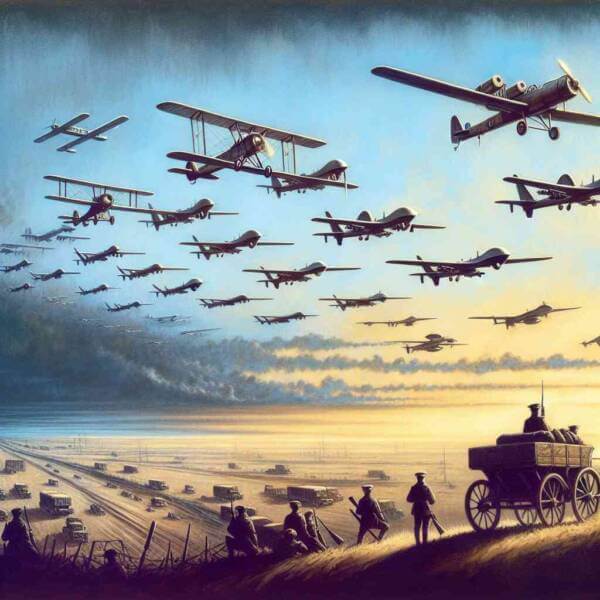
The use of aircraft in military operations transforms battlefield tactics.
Nations invest heavily in military aviation to protect national interests.
How Military Aviation Began
Military aviation started during the early 1900s, with aircraft initially used for reconnaissance.
Key developments over time:
- The introduction of fighter planes and bombers
- World War II advancements
- The Cold War era
- Modern drone warfare
Each era brought new technologies that pushed the limits.
Types of Military Aircraft
Military aviation includes a variety of aircraft, each designed for specific missions.
Common categories of military aircraft are:
- Planes built for speed and agility
- Bombers
- Transport aircraft
- Eyes in the sky for modern armies
Each type plays a key part in military operations, from supporting ground forces.
Why Control of the Skies Matters
Air superiority is essential for achieving military success.
visit this website Strategic advantages of air dominance:
- Reducing enemy effectiveness
- Targeting infrastructure and logistics
- Gathering critical intelligence
- Psychological impact on enemy forces
Nations with strong military aviation capabilities can shape outcomes.
Technological Innovations in Military Aviation
Constant research and development open new possibilities for future warfare.
Cutting-edge developments:
- Low-visibility planes
- Missiles and aircraft traveling at speeds greater than Mach 5
- Autonomous drones
- New forms of aerial weaponry
These advancements enhance lethality for air forces worldwide.
Risks and Limitations
Despite technological superiority, military aviation faces significant risks.
Major obstacles to overcome:
- Rising development and maintenance costs
- Need for constant upgrades
- Securing digital communications and data
- Questions about accountability and control
Addressing these challenges is necessary for effective defense strategies.
Where Military Aviation is Heading
The future of military aviation promises an era of transformation.
Expected advancements:
- Autonomous mission planning
- Space as the next battlefield
- Reducing environmental impacts of defense operations
- Enhanced multinational cooperation
The next era of military aviation will revolutionize how wars are fought.
The Enduring Power of Military Air Forces
Military aviation remains a decisive factor in global defense.
As technology continues to evolve, the skies will remain a frontline of innovation where military aviation protects nations.
The future of military aviation is limitless — and it’s only just beginning.